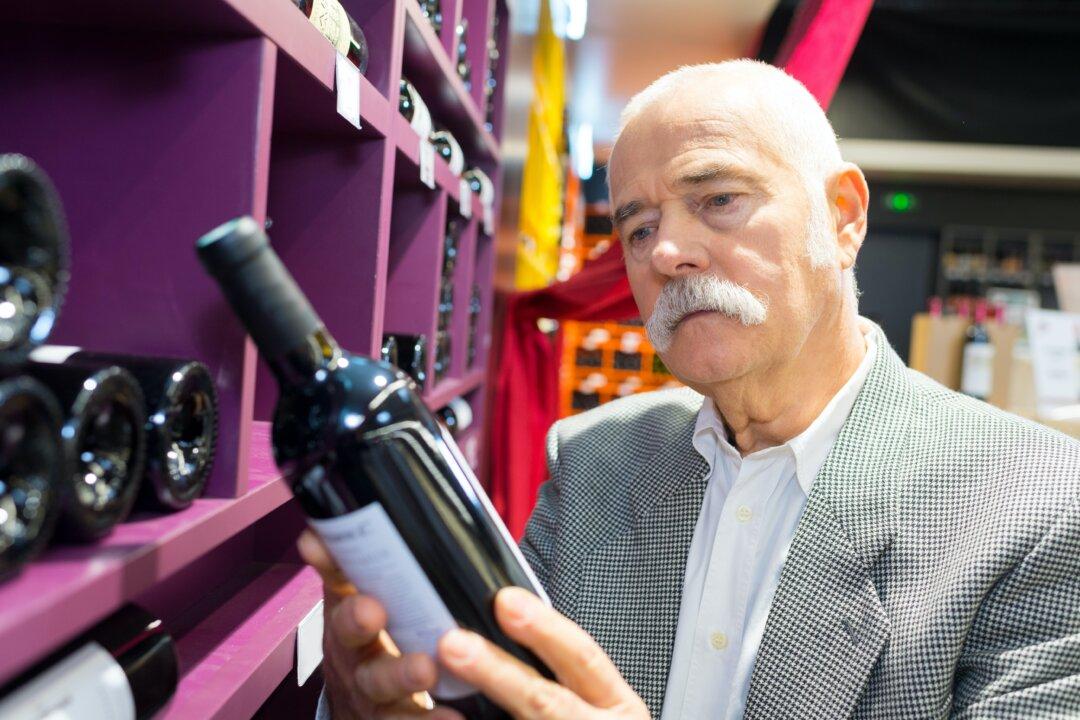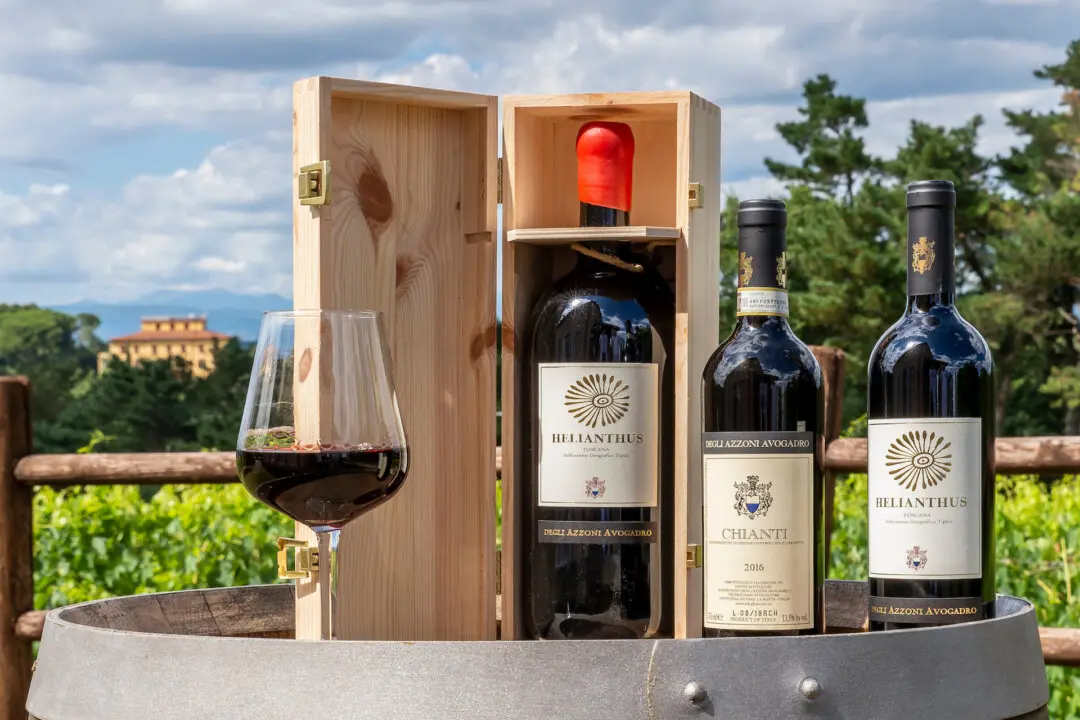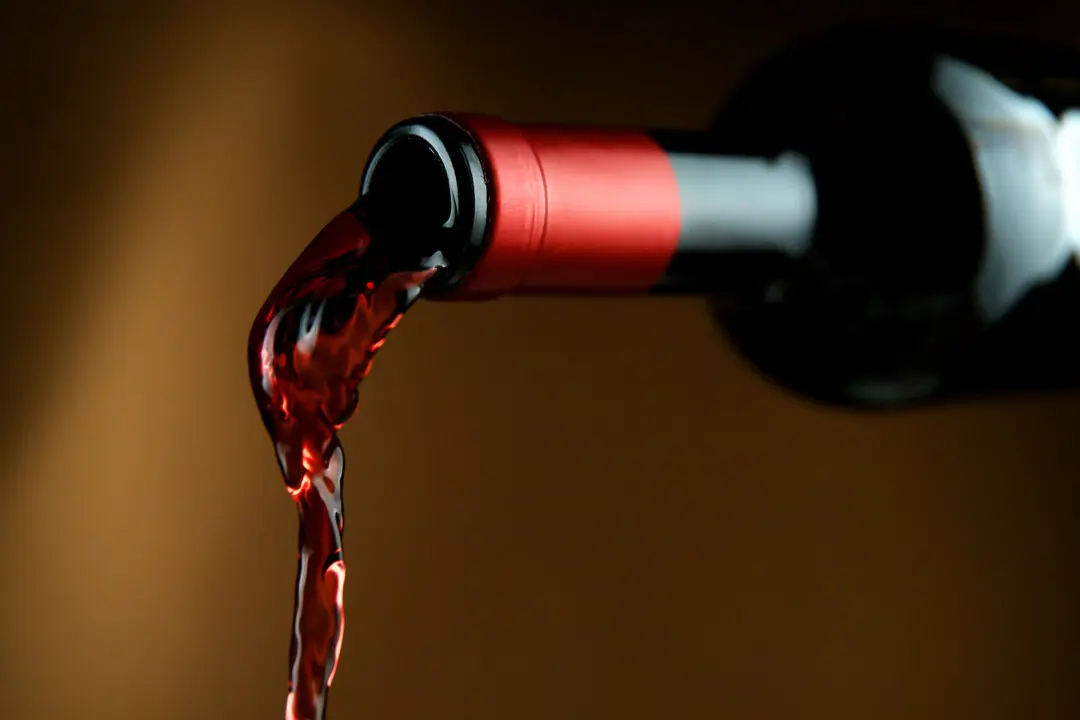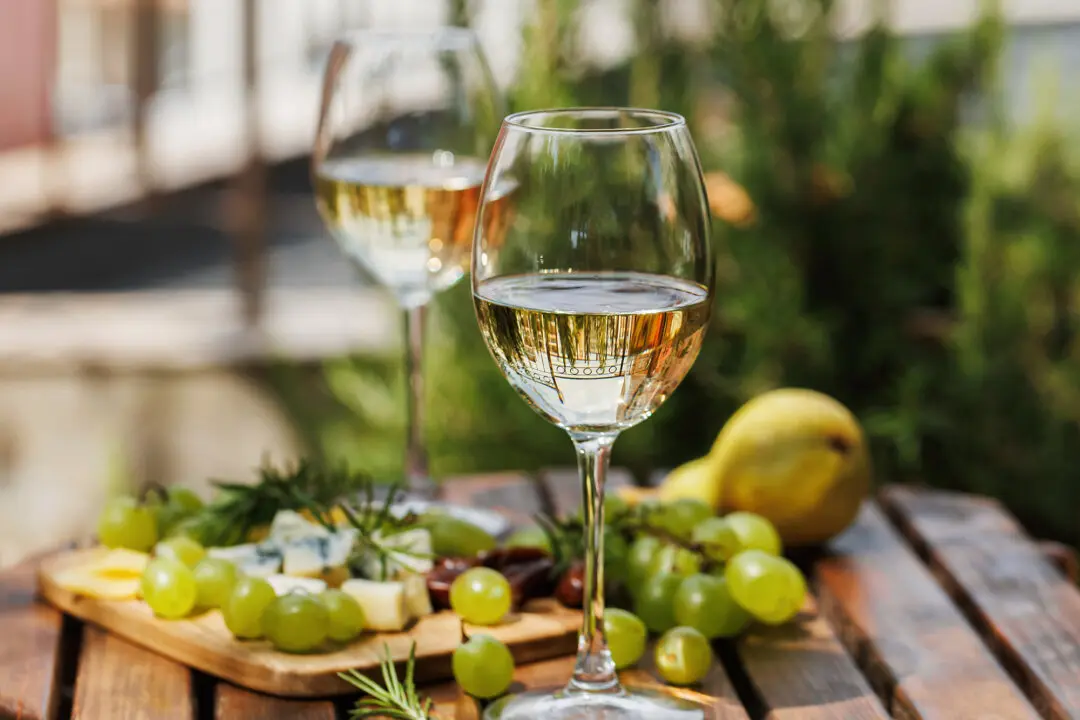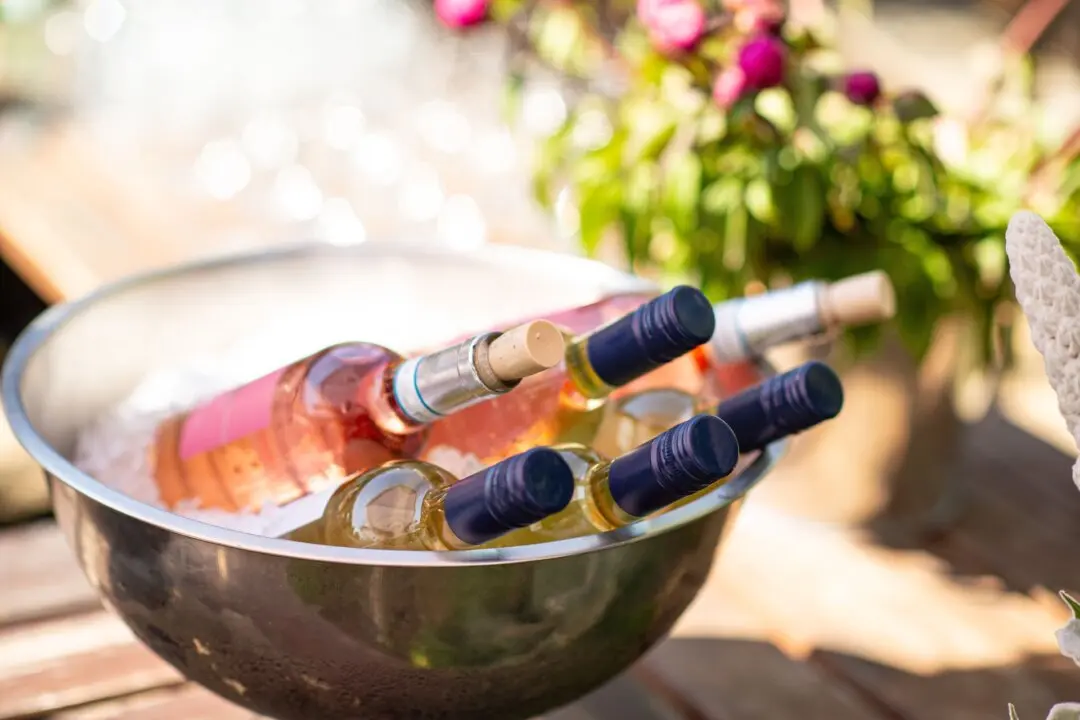Most people buy wine randomly. That appears to be the case from what I’ve observed in supermarkets. I heard one woman say she liked a particular chardonnay because it had a blue label. Another shopper said he wanted to try a dark red wine, like Chianti.
I need not say that the color of the label has nothing to do with the quality of the wine or that Chianti rarely is a dark red wine. But wine knowledge isn’t mandatory for most wine buyers.

